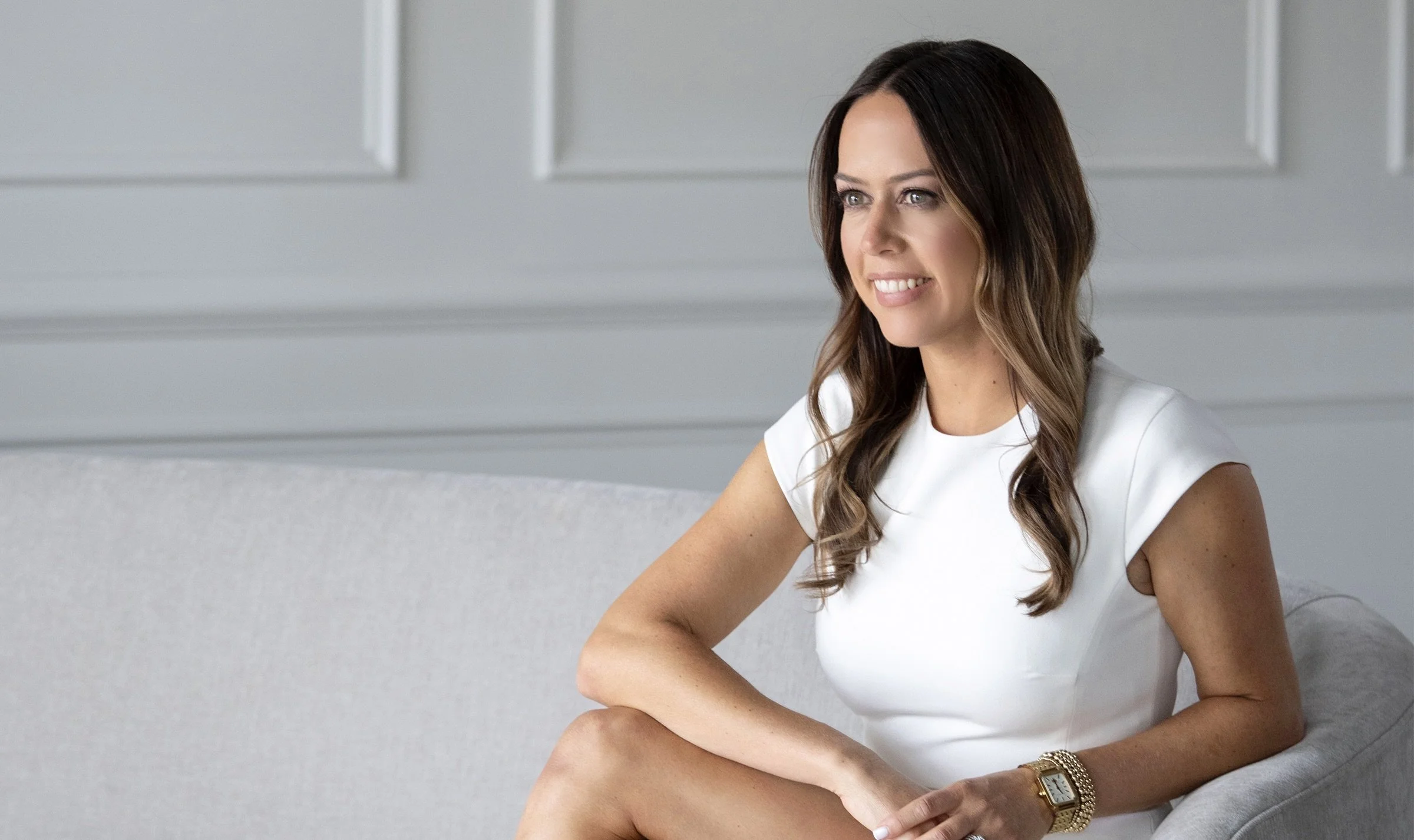Is Cutting off a Family Member the Right Choice?
Takeaway: Cutting off family isn’t the only way to heal, sometimes the real strength lies in staying, but on your own terms. Before you walk away for good, consider whether boundaries, not estrangement, might be the peace you’re really seeking.
When the same fight keeps happening and the only way to breathe feels like walking away for good, life can start to feel less like a choice and more like survival.
There is a growing trend of family estrangement, and the advice floating around social media can make it feel like the only “healthy” choice left. But the truth is more layered and there are other paths worth exploring.
When “Cutting Off” Feels Like the Only Option
In my work as a therapist, I’ve noticed a rising trend: adult children, especially those in their 30s, choosing estrangement from parents. Often, this happens right after having kids themselves. Maybe old wounds resurface, or maybe they start to view their parents through a new, more critical lens.
And with social media constantly reinforcing the idea that anything less than a perfect relationship is toxic, the decision to walk away can start to feel inevitable.
But here's what I want you to know, emotional cut-off isn’t always a clean break. It might look like control disguised as freedom, especially when it's done to escape unresolved pain rather than heal from it.
Estrangement as a Reaction, Not a Resolution
Emotional cut-off can actually mirror the fusion it's meant to escape. When our identity feels too tied up in a parent's disapproval or unmet needs, the urge to completely sever the relationship can feel like the only way to finally breathe.
And in some cases, like ongoing abuse, manipulation, or refusal to respect basic boundaries—it might be. But in many other cases, estrangement becomes the family’s default way of managing pain, not resolving it.
I’ve seen it over and over in sessions and genograms: generations of people using silence instead of repair. “If we can’t figure this out, we don’t talk.” That might protect you in the short term, but it doesn’t fix what got broken. It just freezes it.
Choosing Boundaries Over Breaks
What many people truly need isn’t estrangement—it’s space with structure.
You can take a step back, create new boundaries, and redefine what the relationship looks like without slamming the door shut forever. You’re allowed to ask yourself: “How can I stay in contact without staying in the same unhealthy pattern?”
That might mean shorter visits. Limited topics. Not answering every text. It could mean working through your resentment in therapy while maintaining low contact. These aren’t signs of weakness—they’re signs of a relationship being rebuilt on more honest, adult terms.
The Myth of the Perfect Parent (and Perfect Healing)
We live in a time where we’re constantly reminded of how our parents got it wrong. A video, a post, or a podcast can turn up the volume on past pain in a second. But something gets lost in the process: the humanity of our parents, and our own.
The truth is, many parents didn’t get the tools we’re lucky to have today. That doesn’t excuse harmful behavior, but it can create room for understanding.
Cutting someone off might feel powerful, but staying in the mess, with boundaries, is often braver. And healing doesn’t always come from walking away. Sometimes, it comes from walking back in with a new kind of strength.
It’s okay if you’re unsure. It’s okay if you’re angry, tired, or grieving a version of your parent you’ll never get. But you don’t have to figure it all out by yourself. There is another way to handle these relationships, a way that honors your pain without having to sever ties.
You can stay connected, even from a distance. You can protect your peace without erasing your family. And you don’t have to choose between loyalty and sanity.
You get to write a new story and you don’t have to burn the old one to do it.
Sometimes the hardest relationships are the ones closest to home. If you’re sorting through what to hold onto and what to let go, I’m here when you’re ready.
MEET THE AUTHOR
Justine Carino
Justine is a licensed mental health counselor with a private practice in White Plains, NY. She helps teenagers, young adults and families struggling with anxiety, depression, family conflict and relationship issues. Justine is also the host of the podcast Thoughts From the Couch.





